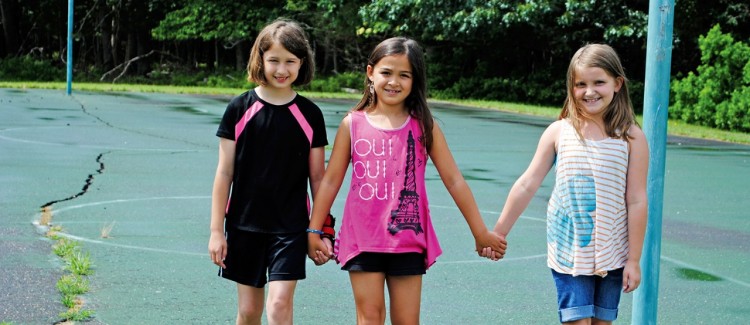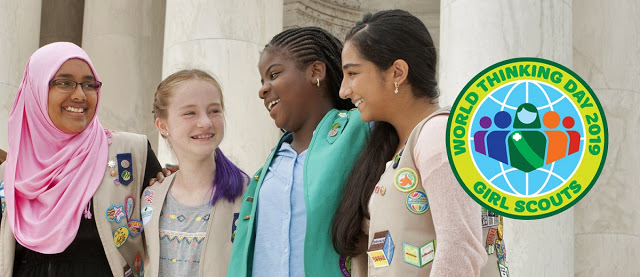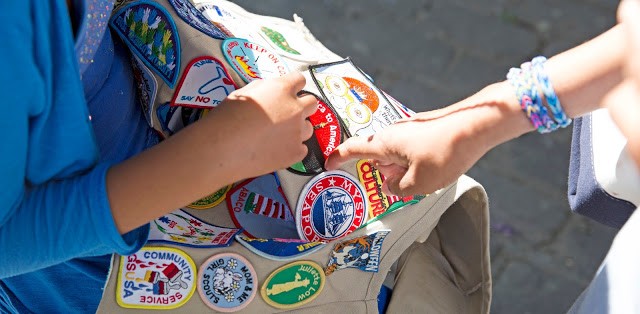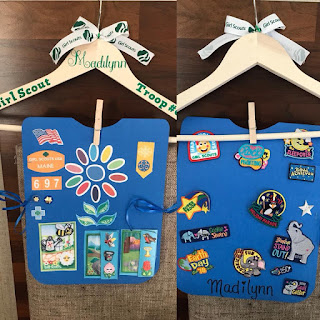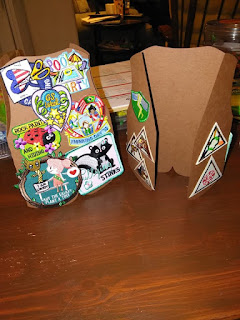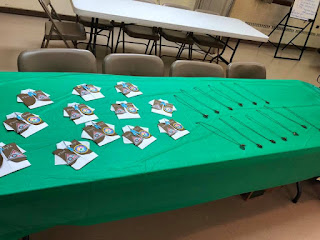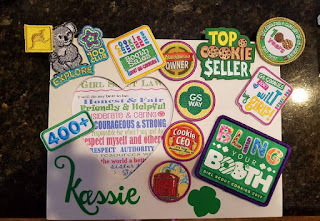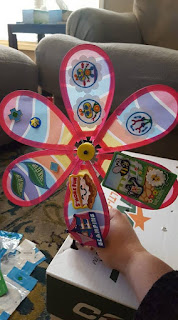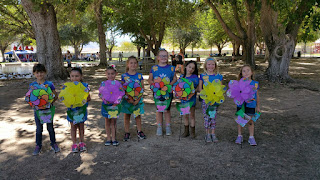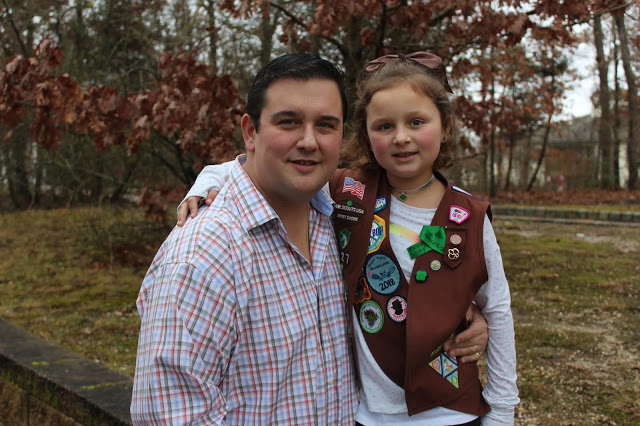 Featured
Featured
This Alum Promotes Anti-Bias in Tech
Dr. Nicki Washington’s Brownie troop in Durham, North Carolina, was one of the first settings outside of school in which she engaged with people of a variety of backgrounds and identities. She expected, whether on a whitewater rafting trip, campout, or cookie sale, the experience to be inclusive.
Most of the kids in the group lived in predominantly white neighborhoods and Nicki lived in a predominantly black neighborhood, but when it came to troop activities, everyone worked together as a team.
“It forced all of us to start engaging with each other at a young age outside of school,” said Nicki.
Today, all of Nicki’s work emphasizes inclusion. Next month she’ll take on a new position in the computer science department at Duke University, where she will teach a course on race, gender, and computing. Nicki will also continue to research cultural competence in computer science—a focus of her work for years.
The first Black woman to receive a PhD in computer science from North Carolina State University, Nicki never planned to go into academia. She did however grow up tinkering with computers, which were always around because her mother was a programmer for IBM.
“I graduated from grad school in 2005 and worked for a year. Then I decided I was going to apply to teach part-time at Howard [University]—just one course. At the time, Howard was also looking for someone for a full-time position,” she explains.
“I never had any desire to go into higher education, but Howard had never had a Black woman on the faculty in computer science. I thought, this is an opportunity for young women who didn’t have a mom like mine to see themselves in me.”
In 2018, after nearly a decade at Howard, Nicki wrote and self-published the book Unapologetically Dope: Lessons for Black Women and Girls on Surviving and Thriving in the Tech Field, which led to her recognition by Essence magazine as one of 15 Black women in America disrupting the tech industry.
As part of her research today, Nicki explores how the lack of cultural competence in computer science results in the creation of biased environments, that in turn lead to biased technologies.
“People are responsible for the irresponsible technology that’s created,” she explains, citing facial recognition programs that are biased against darker skin tones as an example of an irresponsible technology.
“I hope to correct this bias by teaching students early in their academic careers about bias and racism,” she says. “Then they graduate and know what to look for and what not to do, even if they [aren’t part of] a marginalized group.”
She’s excited about this next phase of her career.
“There’s a lot of work that needs to be done, and even the last few weeks have called attention to that,” she says, referencing the protests and marches nationwide that continue to call for racial justice and equality.
“There’s a lot of work I can do in this space to create impactful change that isn’t just for a fleeting moment.”



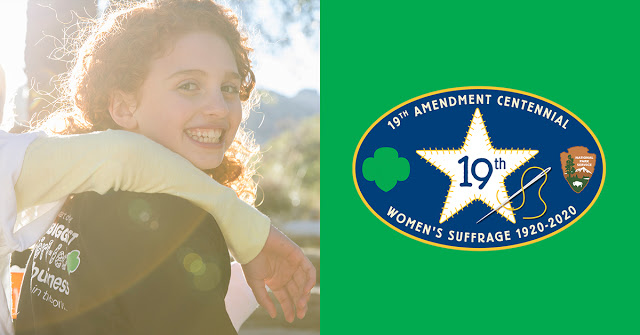
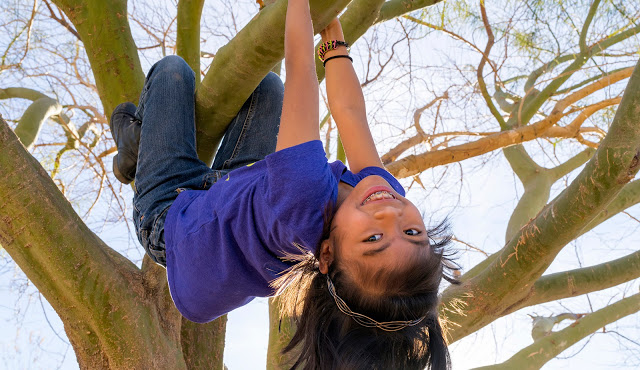
 YOUR
YOUR 
